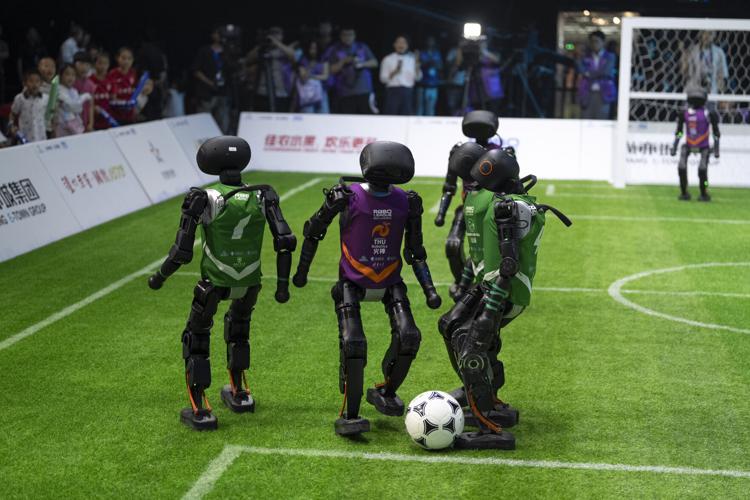China’s leading robotics firm, Unitree Robotics, has launched a new bipedal humanoid robot, the R1, at a groundbreaking price of Ksh.719,000 ($5,566). The move signals a major step towards making advanced robotics more accessible to developers, researchers, and consumers.
Announced on the company’s official RedNote account on Friday, the R1 is a lightweight, 25-kilogram robot powered by a multimodal large language model that integrates both speech and image recognition capabilities. This technological leap enables the R1 to interact more naturally with its surroundings and users a major improvement in human-robot interaction.
The R1 is a significant upgrade in both affordability and efficiency compared to its predecessor, the G1, which was launched in 2024 at a price of Ksh.1.7 million ($13,200). At nearly a third of the cost and lighter by 10 kilograms, the R1 marks Unitree’s progress in optimizing both design and manufacturing. The drop in production costs, likely aided by economies of scale and improvements in hardware sourcing, has allowed Unitree to slash prices dramatically without compromising on performance.
The R1’s compact design and lower weight make it more versatile and easier to deploy in diverse environments, from home assistance and education to research and light industrial applications. Coupled with the ability to understand visual cues and respond to spoken commands, the R1 represents a growing trend in AI-robotics integration aimed at producing more intuitive and user-friendly machines.
This pricing strategy is expected to stir the global robotics market, challenging competitors in the United States, Japan, and South Korea who offer similar humanoid platforms at much higher prices. By democratizing access to humanoid robots, Unitree Robotics is positioning itself as a key player in the future of personal and service robotics.
As interest in AI-powered machines continues to rise, the R1 could mark a turning point in consumer robotics, pushing innovation forward while keeping costs within reach.

